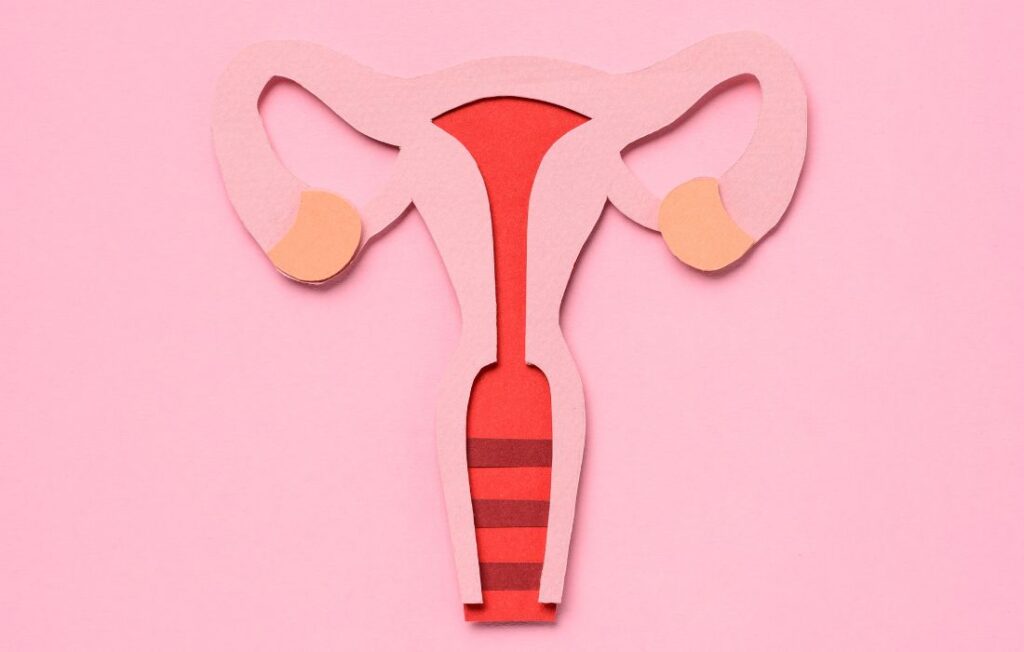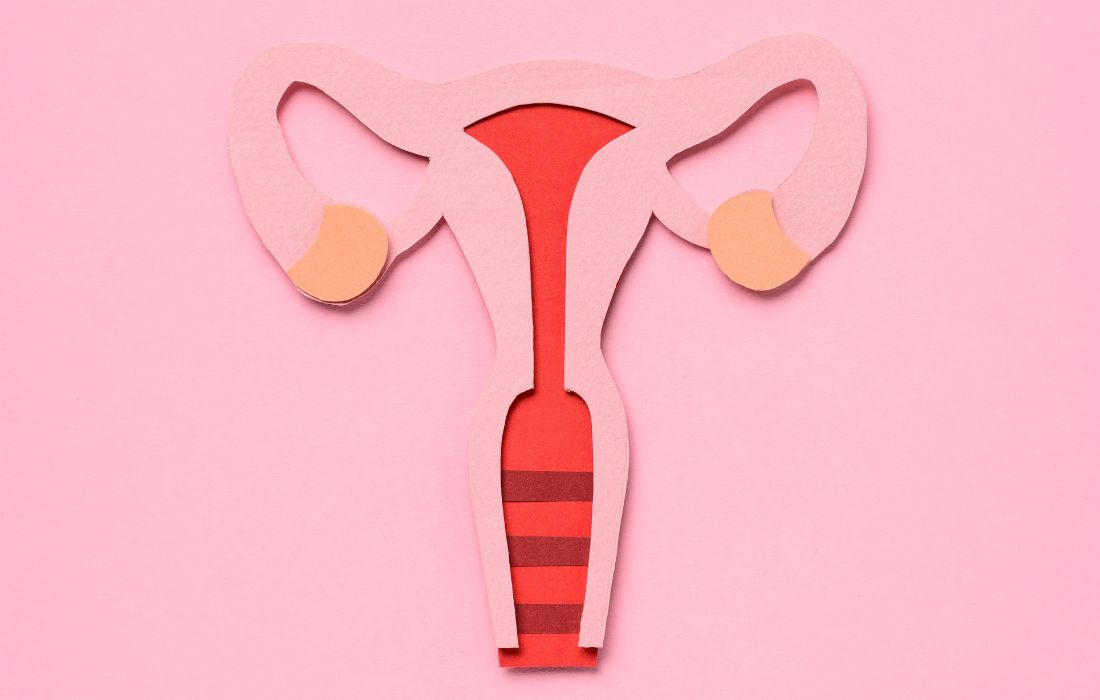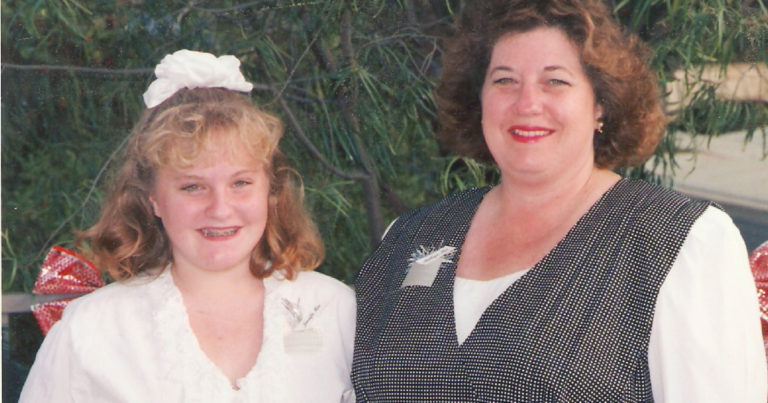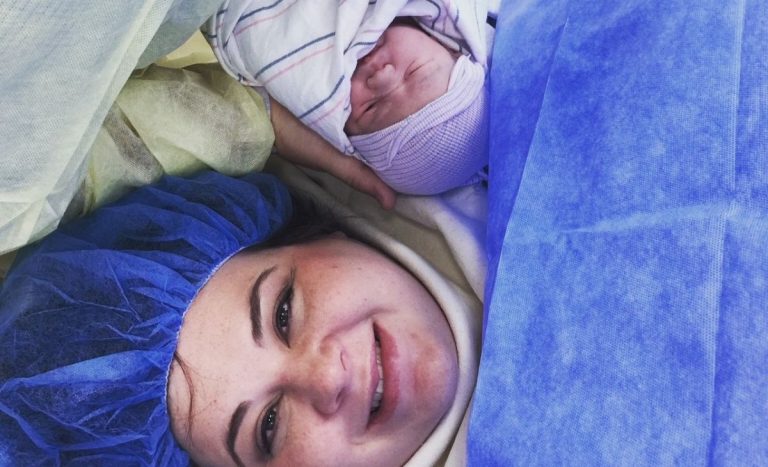Perimenopause: What’s Happening to My Body and Why?
Laurel Wilson, an author, TEDx speaker, IBCLC, and expert in menopause and perimenopause, helps us understand the changes happening to our bodies during this transitional phase, shedding light on the symptoms, challenges, and ways to manage perimenopause effectively.
Laurel highlights a crucial issue: the tradition of silence around menopause.
Many feel isolated, not realizing that their peers are experiencing similar changes. Laurel emphasizes the importance of breaking this silence and openly discussing perimenopause and menopause.

What is Perimenopause?
Perimenopause is the stage when the ovaries start producing less estrogen, leading to a decline in progesterone as well.
This hormonal shift can cause mood swings, sleep disturbances, menstrual changes, and changes in body fat distribution.
The average age for perimenopause onset in the United States is 42, and it can last around ten years.
Symptoms and Challenges
Common symptoms of perimenopause include:
- Mood swings
- Sleep disturbances
- Menstrual flooding
- Changes in body fat distribution
- Hot flashes and night sweats
- Brain fog
- Changes in the microbiome
Laurel also touches on the emotional and physical challenges, such as feeling like a teenager again with unpredictable periods and new physical changes.
Hormonal Testing and Support
Laurel advises finding a healthcare practitioner who can perform hormonal testing to get a comprehensive understanding of your hormonal levels.
This can help manage symptoms more effectively. She also mentions the Menopause Society, which certifies healthcare practitioners in menopause care.
The Role of Fat and Estrogen
Laurel explains that as estrogen levels decline, our bodies compensate by producing estrogen through adipose (fat) tissue around the abdomen.
This process is our body’s way of protecting us during this transitional phase. Understanding this can help reframe how we view changes in our bodies.
Nutrition and Lifestyle Adjustments
Nutrition and lifestyle play a significant role in managing perimenopause symptoms.
Laurel suggests focusing on fiber-rich foods, adjusting your diet based on your hormonal needs, and avoiding foods that may exacerbate symptoms.
Sleep is also crucial, as sleep disturbances can lead to increased cortisol levels and other health issues.
Importance of Professional Guidance
It’s essential to consult healthcare professionals who specialize in hormonal health and menopause.
Functional medicine practitioners and certified menopause healthcare providers can offer tailored advice and support.
The Positive Side of Perimenopause
Despite the challenges, Laurel encourages us to view perimenopause as a period of transformation.
As our brains remodel, we can experience a newfound freedom and creativity.
This phase allows us to reinvent ourselves and embrace new opportunities.
Perimenopause is a significant transition that brings physical and emotional changes. By breaking the silence, seeking professional guidance, and making informed lifestyle adjustments, we can navigate this phase with confidence and support.
Learn more from Laurel during episode 224 of the Plus Mommy Podcast.
Recording & Show Notes: Plus Mommy Podcast Episode 224
Transcript happily provided upon request.
Resources Mentioned On The Show
- Everything You Want To Know About Plus Size Breastfeeding, episode 58 of the Plus Mommy Podcast
- Move, Thrive, Feel Alive: Peri/Menopause Support
- For more information on Laurel’s work and resources, visit her on Facebook, Instagram, or website.

Laurel Wilson, IBCLC, RLC, INHC, CLE, CLD, CCCE, PPFE Wellness Advocate, International Speaker, Retreat Guide, and Transition Mentor Laurel is an international speaker, author, journeyer, traveler, wellness advocate, mother, wife, friend, and seeker.
She is a Certified Integrative Nutrition Health Coach and a Certified Menopause Practitioner. Laurel has spent thirty years educating and supporting women throughout the various life cycles as a doula, lactation consultant, perinatal educator, speaker, author of best-selling books, yoga instructor, Camino travel guide, and wellness coach. She is interested in epigenetics, the microbiome, nutrition, and sleep.
During her experience in the transition time of life (perimenopause), she realized how many women feel estranged and wish for community AND answers during this time. This led to her desire to be a transition mentor and offer retreats to support women experiencing this incredible and challenging life change. She enjoys writing books, speaking at conferences on perinatal and women’s health issues, consulting, training the healthcare community on women’s health issues, and serving on maternal child health boards. You can often find her hiking, meditating, mountain biking, kayaking, taking road trips, and reading women’s travel books, spiritual books, and historical biographies.







